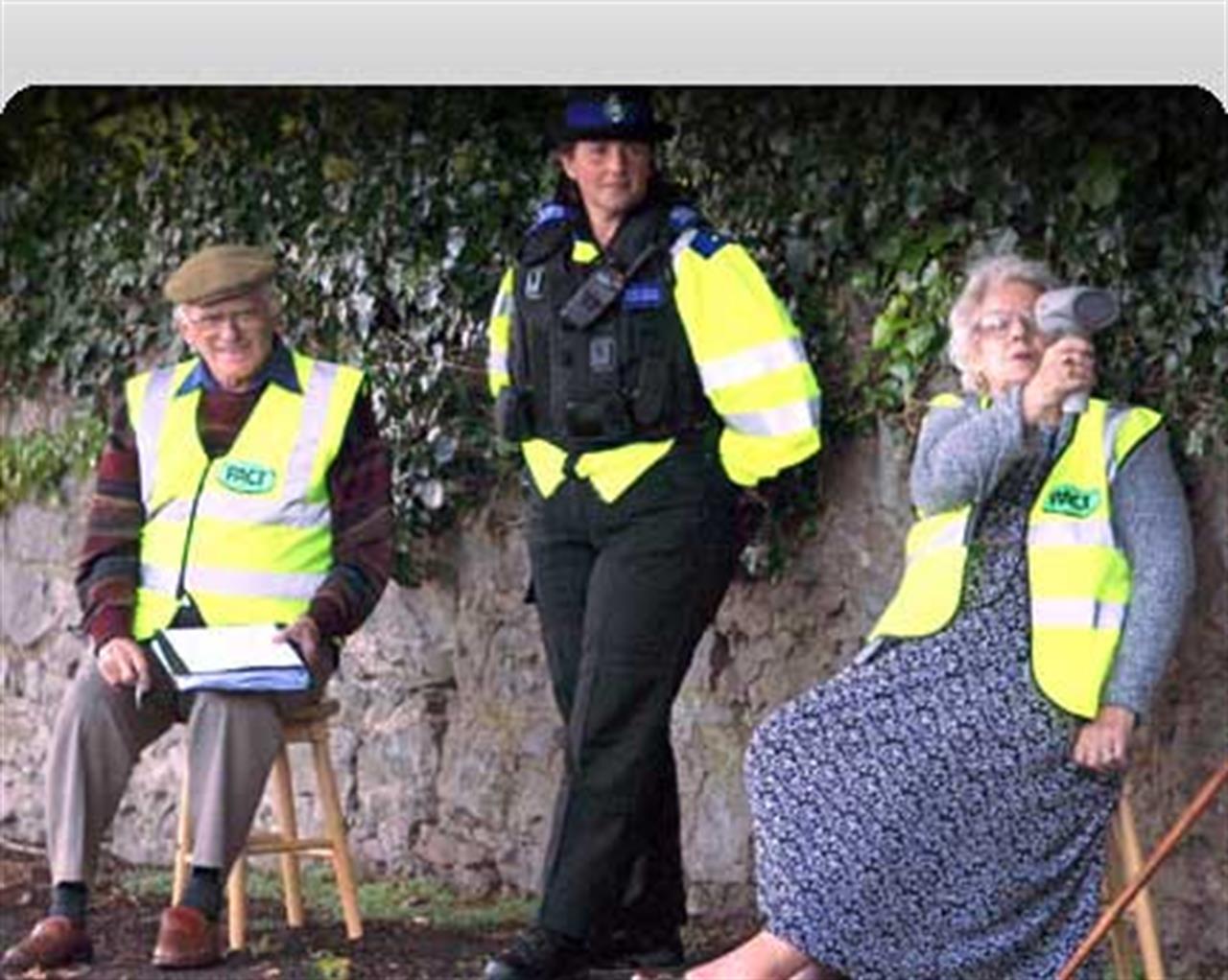Non profit
Volunteering saves lives in more ways than one
Researches have found that elderly people engaged in purposeful activities, such as volunteering, are likely to live a longer life.
di Staff

If you have a purpose in life – lofty or not – you’ll live longer, a new study shows.
It doesn’t seem to matter much what the purpose is, or whether the purpose involves a goal that’s ambitious or modest.
“It can be anything – from wanting to accomplish a goal in life, to achieving something in a volunteer organization, to as little as reading a series of books,” said study author Dr. Patricia Boyle, a neuropsychologist at the Rush Alzheimer’s Disease Center and an assistant professor of behavioral sciences at Rush University Medical Center in Chicago.
“We found that people who reported a greater level of purpose in life were substantially less likely to die over the follow-up period – only about half as likely to die over the follow-up period — as compared to people with a lower level of purpose,” Boyle said. The follow-up period averaged nearly three years.
Boyle and her colleagues studied 1,238 older adults already participating in two ongoing research studies at Rush, the Rush Memory and Aging Project and the Minority Aging Research Study. The participants were all dementia-free when the study began and averaged 78 years old.
At the start of the study, the participants answered questions about their purpose in life, rating themselves on different areas meant to measure the tendency to derive meaning from life and to feel that one is working toward goals.
The average score on the sense-of-purpose evaluation was 3.7 of a possible 5, Boyle said.
When comparing scores, Boyle found that those with a higher sense of purpose had about half the risk of dying during the follow-up period as did those with a lower sense of purpose. And that was true, she said, even after controlling for such factors as depressive symptoms, chronic medical conditions and disability.
“What this is saying is, if you find purpose in life, if you find your life is meaningful and if you have goal-directed behaviour, you are likely to live longer,” she said.
Though much other research has found that having a purpose in life is crucial to maintaining psychological wellness and can be important for physical health as well, Boyle said she believes the new study is one of the first large-scale investigations to examine the link between life purpose and longevity.
The finding follows another recent study, done by others, in which the researchers found that retirees older than 65 who volunteered had less than half the risk of dying during about a four-year follow-up period as did their peers who did not volunteer their time.
What’s the link? Boyle can’t say for sure. But it could be that having a greater sense of purpose helps multiple systems of the body function better, conferring protection in the face of illness.
The findings make sense to Dr. Gary Kennedy, director of geriatric psychiatry at Montefiore Medical Center in New York City. He said he often sees the effects of not having a purpose among older patients. “I see a number of people who have lost that purpose,” he said. “Their health declines.”
Still, he said, ”it’s not clear there is cause and effect” between a sense of purpose and longevity. Perhaps the longevity could be explained by another variable the researchers did not examine, he said.
Boyle said that in future research they hope to find out if people can be inspired to have purpose in life, perhaps by being taught to set goals and work toward them.
Source: Kathleen Doheny for Health Day
Si può usare la Carta docente per abbonarsi a VITA?
Certo che sì! Basta emettere un buono sulla piattaforma del ministero del valore dell’abbonamento che si intende acquistare (1 anno carta + digital a 80€ o 1 anno digital a 60€) e inviarci il codice del buono a abbonamenti@vita.it
